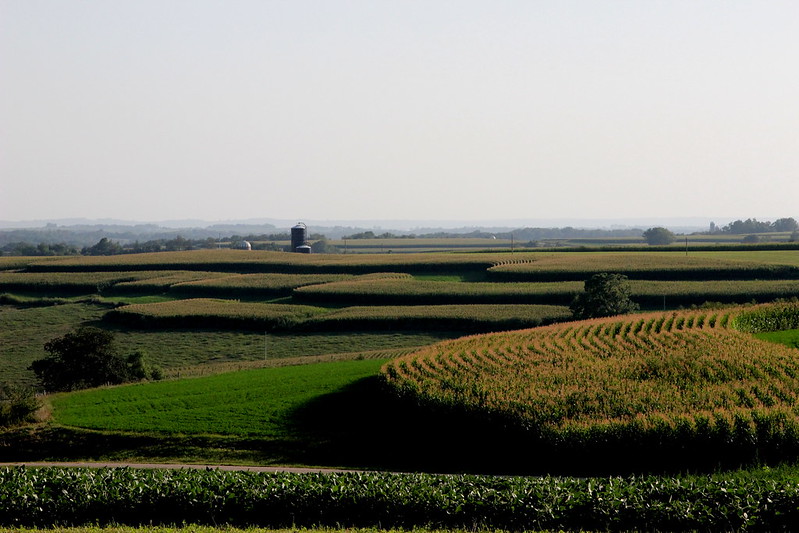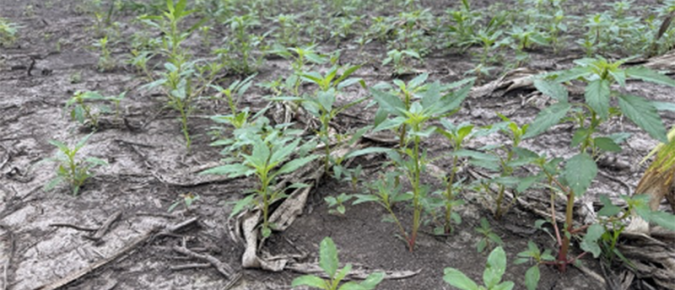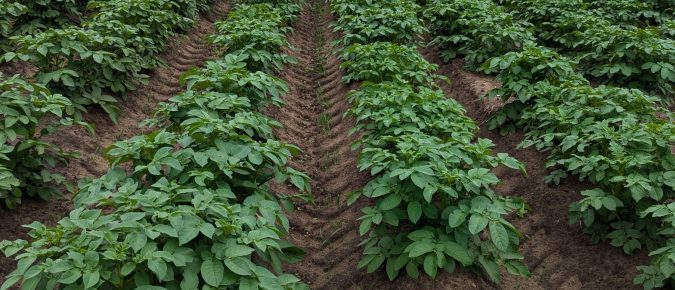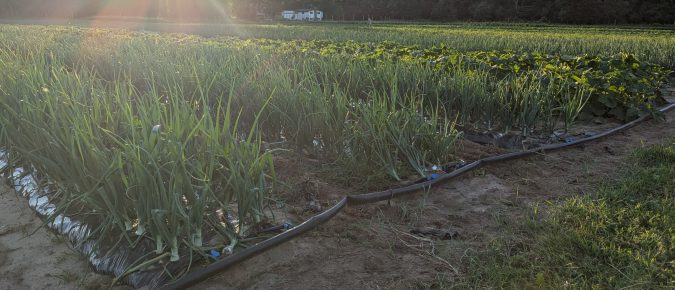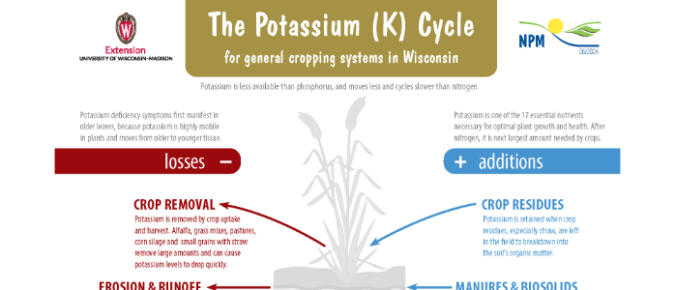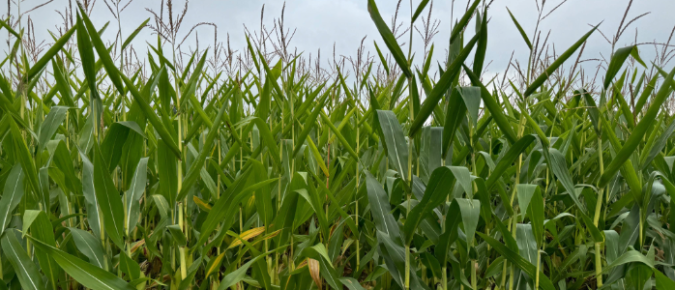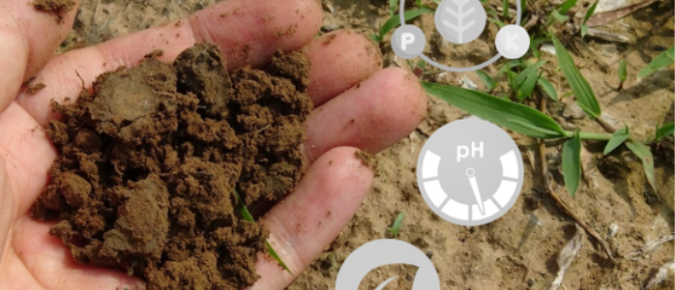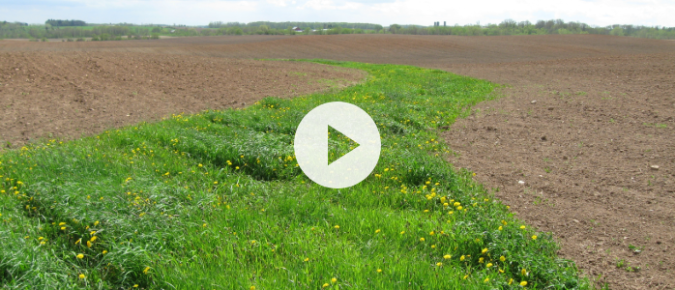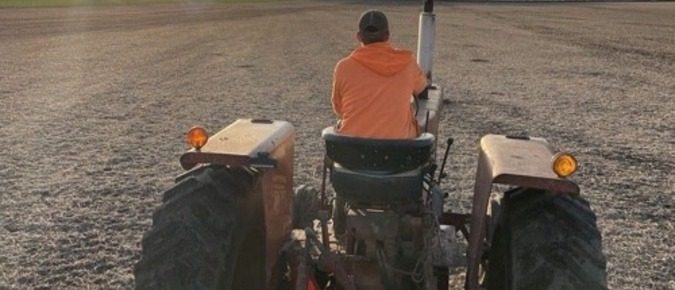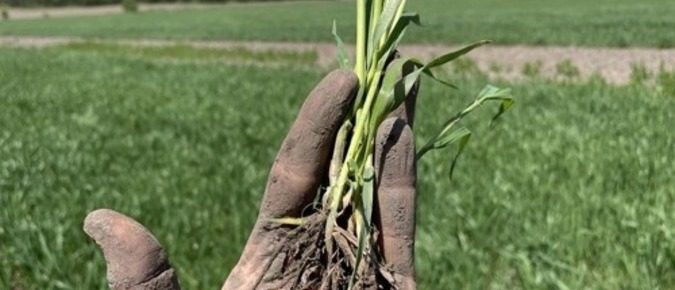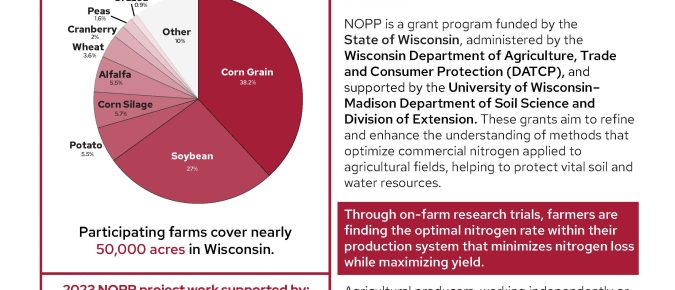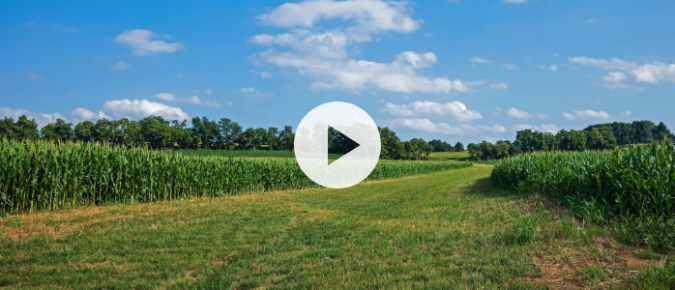In spots, too much water accumulated and led to drowned out spots and in some cases even entire fields. In spots, these areas were re-planted. In other areas, troublesome weeds like waterhemp are quickly escaping and will likely produce plenty of seed before a killing frost occurs.
In the September 11, 2024 Badger Crop Connect webinar, Dr. Matt Ruark discussed cover crop species most likely to establish successfully when planted in mid-September and later, as well as cover crop termination, timing, biomass accumulation, and nitrogen uptake.
In this video, Chris Clark and Jordan Kampa, outreach specialists for the UW-Madison Extension Nutrient & Pest Management program head to the field to talk about managing potassium in crops and the publication they co-authored on the Potassium Cycle, available now from the NPM program.
This publication is an overview of essential plant nutrients and the ways they interact with one another. Farmers and agronomists can use this guide as a tool in conjunction with a good soil testing program to help diagnose agronomic problems and consider their nutrient management strategy.
This comprehensive resource provides a visual overview of the potassium (K) cycle and breaks down the crucial role K plays in soils and crop growth to help you optimize your crop yield.
Many factors affect crop yield; only one of them is fertilizer. The six factors listed here have a strong relationship with consistently better-yielding areas of a farm field.
Given the importance to crop and soil health and crop productivity, the accuracy of soil test results cannot be overstated. Whether you take your own soil samples or have the fertilizer dealer sample your fields for you, how soil is collected really matters.
Dr. Mallika Nocco, UW-Madison Extension specialist in agrohydrology, and Landon Baumgartner, outreach specialist for the UW-Madison Extension Nutrient and Pest Management program for Southwest Wisconsin discuss the basics of grassed waterways, their function, and how they could fit on your farm.
In the second episode of this two-fer on the economics of conservation, we talk with Jake Kaderly, who works as a crop consultant under the name Kaderly Ag and farms 330 acres in Green County, for the farmer’s take on how he pencils out conservation practices.
In the first episode of this two-fer on the economics of conservation, we talk with Jeff Hadachek, Extension Specialist and Assistant Professor of Ag Economics at UW-Madison, to get the economist’s take on why economics is a useful tool when talking about conservation practices and adoption.
This report provides a glance at projects funded in the 2023 Nitrogen Optimization Pilot Program grant cycle and the people and farms behind them.
Dr. Mallika Nocco, UW-Madison Extension specialist in agrohydrology, and Landon Baumgartner, outreach specialist for the UW-Madison Extension Nutrient and Pest Management program for Southwest Wisconsin discuss the basics of buffer strips, their function, and how they could fit on your farm.

